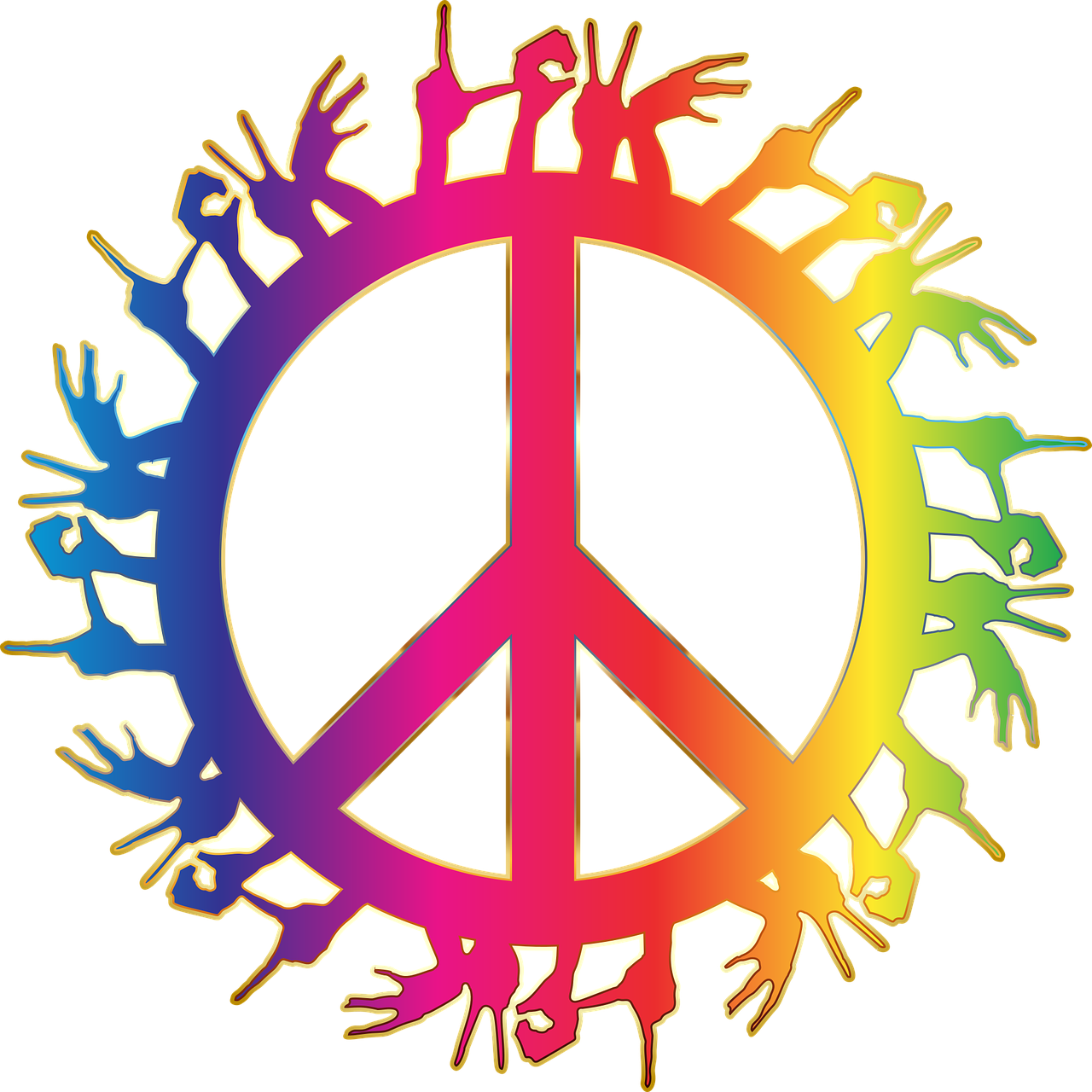Education holds a paramount relationship with the Sustainable Development Goals (SDGs) as delineated by the United Nations in 2015. It is not only recognized in its standalone form in SDG 4, which strives to “ensure inclusive and equitable quality education and promote lifelong learning opportunities for all”, but also serves as an enabler of other SDGs, highlighting its cross-cutting impact across multiple facets of development. It acts as the foundation stone of knowledge, fostering an understanding of complex socio-economic dynamics that are critical for the attainment of other goals.
Consider, for instance, how education impacts SDG 1 - No Poverty. The increased earning potential offered by quality education is a powerful tool in breaking the poverty cycle. Similarly, in relation to SDG 3 - Good Health and Well-being, education is instrumental in driving better health outcomes by fostering understanding of healthy lifestyles, disease prevention, and the benefits of timely medical intervention.
Addressing the climate crisis (SDG 13) also necessitates education, as it prepares individuals to understand the intricate relationships between human activities and their environmental impact, and to seek sustainable solutions. Moreover, achieving gender equality (SDG 5) is intrinsically tied to education, as access to quality learning opportunities for girls and women empowers them, promotes their participation in decision-making processes, and helps in overturning deeply entrenched societal biases.
Quality education also fosters innovation and infrastructure development (SDG 9), as it equips individuals with the technical and creative skills necessary to devise advanced technologies and infrastructures. Moreover, education fosters peace and justice (SDG 16) by promoting a culture of peace, non-violence, global citizenship, and appreciation of cultural diversity.
In this multifaceted role, education serves as a catalyst in the process of sustainable development. However, these interconnections necessitate that education systems themselves are made more inclusive, resilient, and sustainable. The challenges of the 21st century, such as the digital divide and the increasing need for lifelong learning, require urgent attention to ensure education continues to play its role effectively. Education is the key that unlocks the potential of all other SDGs, making its universal attainment not just a goal, but a pre-requisite for a sustainable future.
Global citizenship is a key response in contemporary higher education which aims to prepare students to address present and future challenges. This study outlines the design, international virtual collaboration, for an undergraduate course to develop students' global citizenship competencies. International virtual collaboration works as an open-source instrument that provides an inclusive, equitable and low environmental impact solution to the internationalization of university students at home. The authors explain an iterative Participatory Action Research methodology to develop and enhance the present and anticipated positive societal impact of the course.
International Day of Sign Languages 2026
The world is home to diverse cultures, languages, and traditions. One aspect of this rich tapestry of human expression is sign language. Every year, the International Day of Sign Languages (IDSL) serves as a reminder of the significance of sign languages as a means of communication for the deaf community and their role in ensuring a more inclusive and accessible world.
The Significance of the Day
World Book and Copyright Day 2026
The essence of literature is eternal, permeating cultures and generations. SDG Resources proudly commemorates the World Book and Copyright Day 2026, drawing attention to the instrumental role of literature in achieving Sustainable Development Goals (SDGs).
The Interrelation between SDGs and Literature
World Youth Skills Day 2026
On July 15, 2026, welcome to the annual celebration of World Youth Skills Day 2026. A global initiative focused on empowering the next generation of leaders and innovators, this day emphasizes the immense potential of our youth to drive forward the UN’s Sustainable Development Goals (SDGs).
Background: World Youth Skills Day
World Teachers’ Day 2026: Empowering the Architects of Future
In the tapestry of life, few threads shine as brilliantly as those of educators. When one mentions World Teachers’ Day 2024, a wave of respect and gratitude fills the air. After all, each year, this day underscores the critical role teachers play in society.
World Teachers’ Day 2026 is not just another annual event. It's a global nod of appreciation, a symphony of claps, and a celebration for those who dedicate their lives to the noble cause of education.
International Literacy Day 2026: SDGs and the Promise of Education
Literacy is more than just reading and writing it's a ticket to freedom, a voice in the community, and a bridge to opportunity. On International Literacy Day 2026, people gather to celebrate and reflect on these principles, and how they play a pivotal role in achieving the Sustainable Development Goals (SDGs).
The Significance of International Literacy Day
World Children's Day 2026: An Ode to Child Empowerment and Sustainable Goals
World Children's Day, observed every November 20th, represents a solemn reminder and celebration of the rights of children worldwide. In World Children's Day 2026, there's a unique alignment with the Sustainable Development Goals (SDGs) to create an environment where every child can thrive.
A Brief Introduction to World Children's Day




